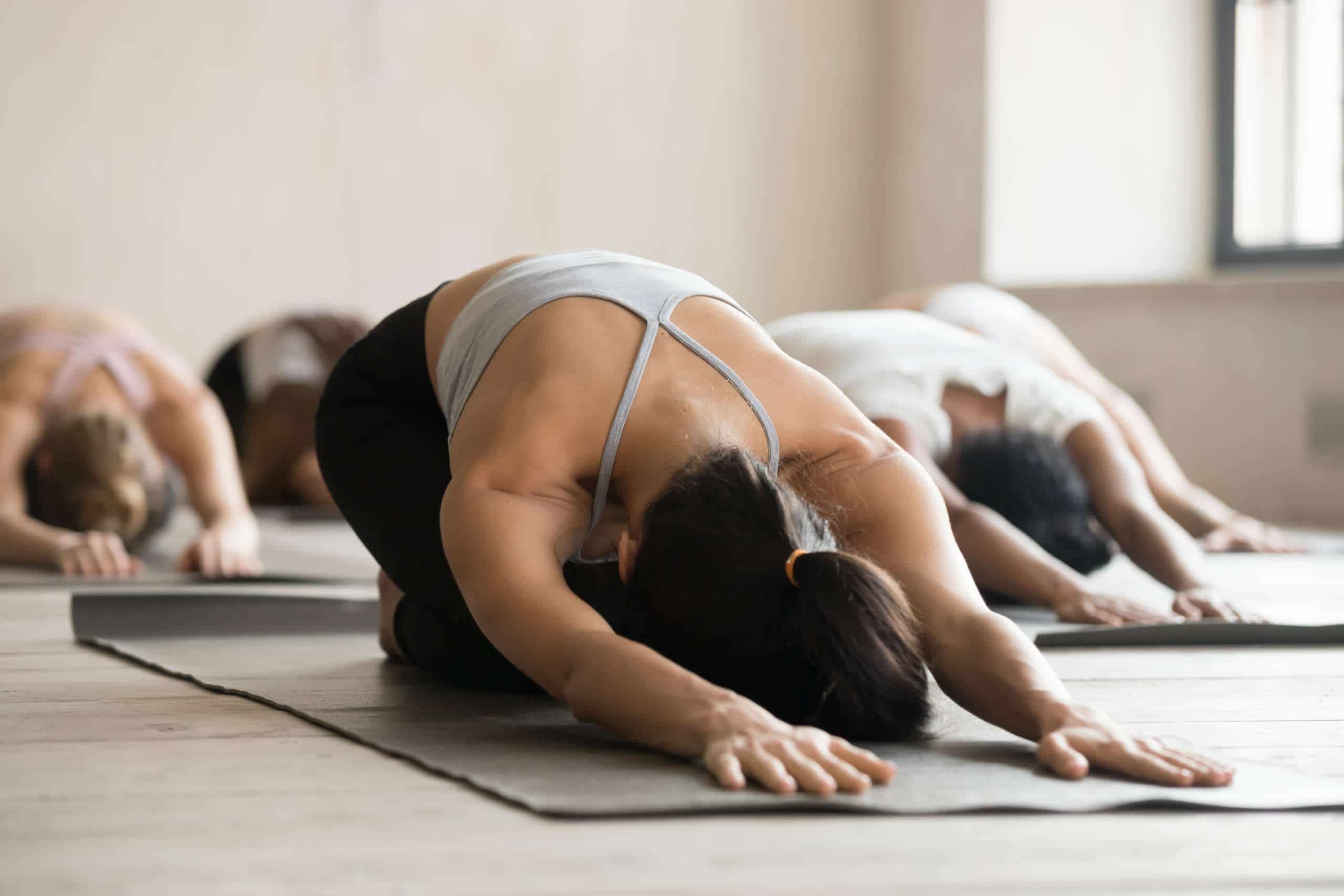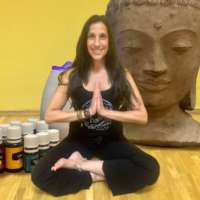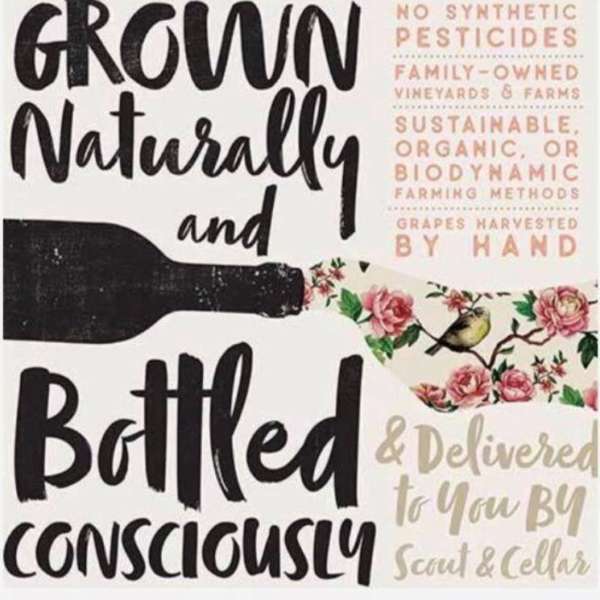
“Recent research findings show that people with low fitness levels are more susceptible to anxiety and depression.”
- Dina Voigt

Regaining Your Balance
2020 has been a year like no other.
Prior to March of 2020, most Americans were living busy, hectic, highly stressful lifestyles, trying to balance work, home, family, fun, fitness, etc. This balancing act requires filling different roles simultaneously. For many people, this is extremely difficult and even impossible, which can lead to anxiety.
Anxiety affects everyone differently; it can create fatigue during the day and cause insomnia at night. Anxiety affects us both mentally and physically. Many people would treat and relieve their anxiety by going to the gym, working out with weights, running, taking Yoga and Pilates classes, meditating, etc.
Then, in mid-March 2020 – at least here in New York – our lifestyles were abruptly changed. Gyms and restaurants were shut down. We were no longer “allowed” to meet friends for a drink or go out to a nice dinner to unwind after a crazy, hectic day. Worst of all, we couldn’t run to the gym for a class or workout because they were all closed. Many people lost their jobs, and, well, you know the rest.
The New Stress
Needless to say, this “pandemic” situation has created an entirely new type of anxiety and depression. Now more than ever, the importance of physical activity and exercise cannot be overstated. I am sure you already know that during exercise, the body releases endorphins, commonly known as the “feel-good hormones.” Endorphins act as natural pain-killers in the body. This alone attests that any type of regular exercise can help reduce stress and anxiety, and even certain types of depression. Recent research findings show that people with low fitness levels are more susceptible to anxiety and depression. Moreover, physical exercise is a “crucial plank in the battle against mental illness.” Physical activity also “changes the very structure in the brain in at least three desirable ways:” It improves memory, increases the growth of blood vessels in the brain and blood flow throughout the body AND helps to reduce inflammation and boost immunity! (I will discuss this in more detail in a future article!)
Flight or Fight
When anxiety hits, adrenaline floods through the body, enacting the instinctual fight or flight response. Anxiety attacks come when there is an internal or external perception of threat. Whether or not there is an actual threat, adrenaline takes over and causes physical stressors, some being palpitations, difficulty breathing, breathlessness and hyperventilation, tunnel vision, etc.
The good news:
It has been proven any form of physical exercise can help counteract stress, anxiety, and even pain! But specifically, Pilates and yoga offer additional benefits. These include:
- I mentioned endorphins; did you know that endorphins are not only produced during high-intensity exercise? They are also produced during low-intensity routines. This means that practicing Pilates or yoga at moderate or low intensity still releases endorphins throughout the body in quantities enough to have beneficial mental as well as physical effects.
- Mental focus and clarity = mental control.
- Pilates and yoga are both mind/body disciplines. Precision of movement and breath is a central principle of Pilates and also very important in yoga. Precision can only be attained by mental acuity and mental control. The mental connection to the body helps relieve nerve endings in the brain and body affected by anxiety.
- Restorative factors: Both Pilates and yoga routines and classes can be specifically designed to restore and re-energize the mind and body. Regularly practicing yoga or Pilates can also help improve sleep, which aids in the reduction of anxiety and overall fatigue.
- Breathing! Yoga and Pilates are especially known for breathing techniques. Breathing techniques in Pilates and yoga aid in relaxation, meditation, and holistic well-being. Breath control can help manage stress responses and is a wonderful coping mechanism for anxiety and potential anxiety, meaning breathwork can reduce anxiety symptoms and help manage its causes and onset!
- Finally, both Pilates and yoga, by incorporating both dynamic and physical stretching of muscles and myofascial tissue, combined with all of the above, reduce anxiety’s physical stressors.
Be Safe, Confident, and Fit
Fitness Incentive is following or exceeding all protocols to keep you safe and confident, and as always, we offer you a place to come to work out, work off the stress, the anxiety, and the worry! Being in a group setting, you can socialize and feed off of the energy of others. Humans are social animals, and we support each other. It’s time to come together and help one another.
Pop in for a workout, a bike ride, a walk on the treadmill, a yoga or Pilates class. Trust me, you will be glad that you did!
And much less stressed!!!!
Sponsored Links
About the Author

Dina Voigt
Dina Voigt is the Manager of Fitness Incentives Pilates and Yoga programs. She is a PMA-certified Pilates trainer, a certified Yoga instructor, a Personal Trainer, Group exercise instructor, and Cycle instructor.
Contact her at dina@fitnessincentive.com with any questions or for further information.





